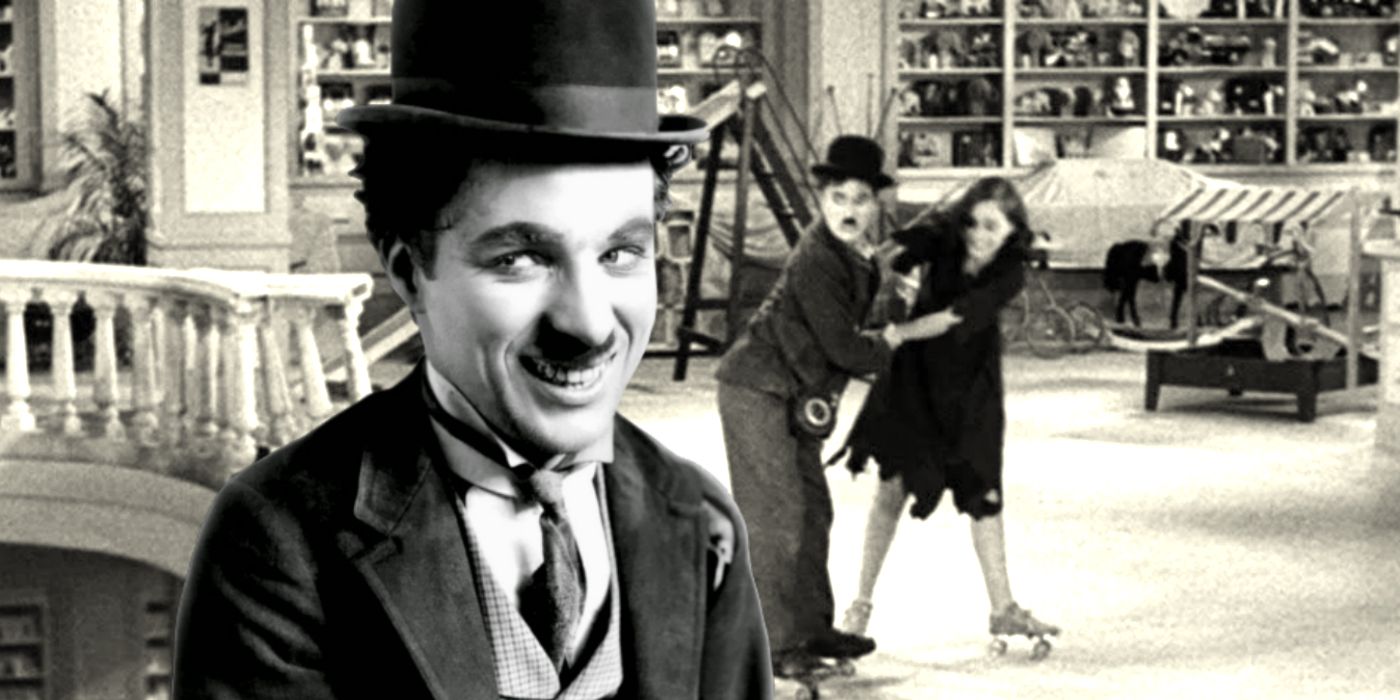
For a period in Memphis, Tennessee, the motion pictures starring Charlie Chaplin were prohibited due to his fame being one of the largest in Hollywood. Having originated from London, he migrated to Los Angeles where he began acting in films starting from 1914. Shortly afterward, he developed his iconic Tramp character and gained momentum, producing some of the finest silent films during the 1920s and 1930s. Notable masterpieces by Charlie Chaplin include City Lights, Modern Times, The Great Dictator, and The Gold Rush. Remarkably, he was responsible for writing, producing, and directing each of these films.
Throughout his illustrious career, Charlie Chaplin was adored yet often provoked controversy. His films, starting with “The Great Dictator,” reflected his political views significantly. During the 1940s, he found himself embroiled in a string of legal disputes stemming from an affair with a young actress. J. Edgar Hoover, FBI Director, exploited the media during these trials to tarnish Chaplin’s reputation, as he had long harbored suspicions about the actor’s political leanings. Eventually, Chaplin was banished from the United States when his re-entry permit was revoked by the Attorney General after he departed for a film premiere.
Why Charlie Chaplin’s Movies Were Banned In Memphis, Tennessee
One Man Made It His Mission To Censor Chaplin’s Work

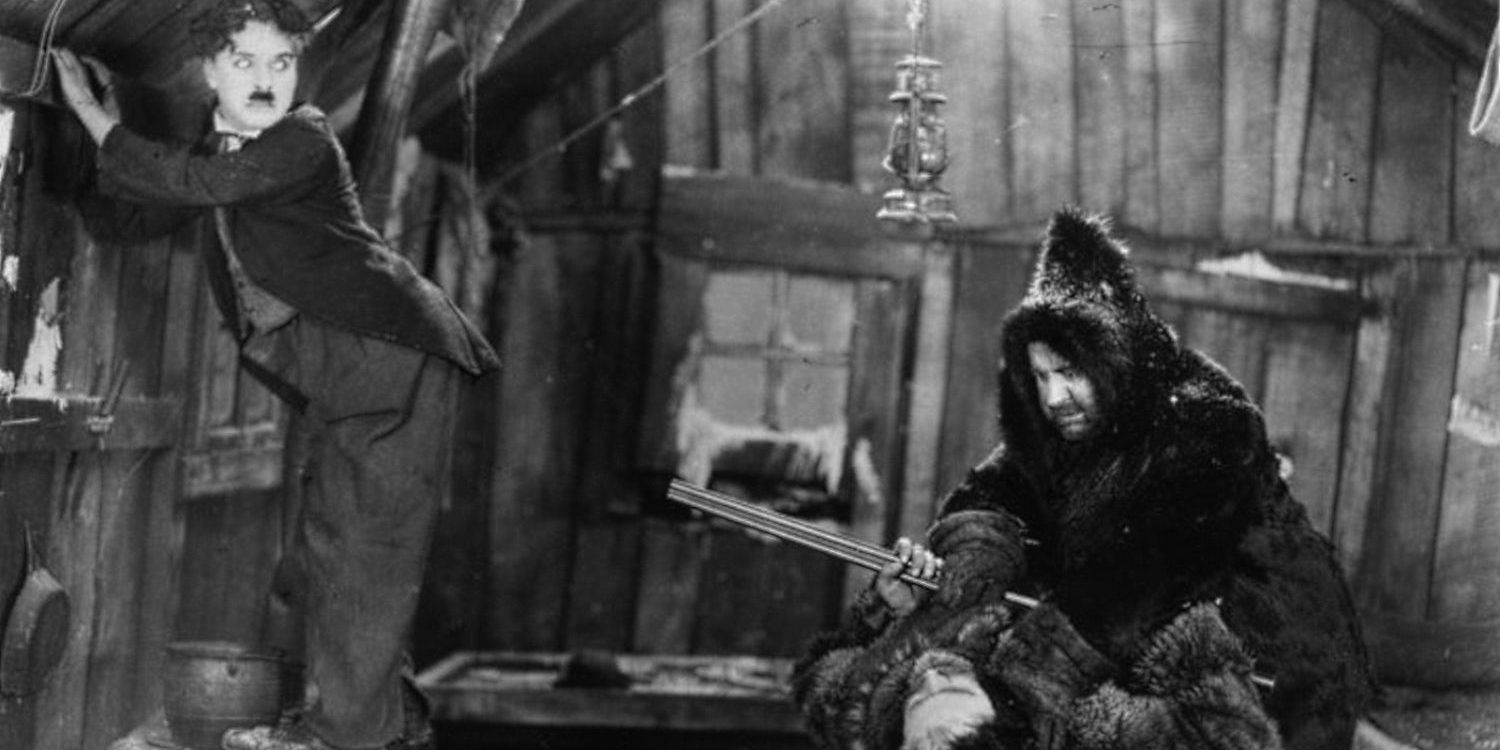
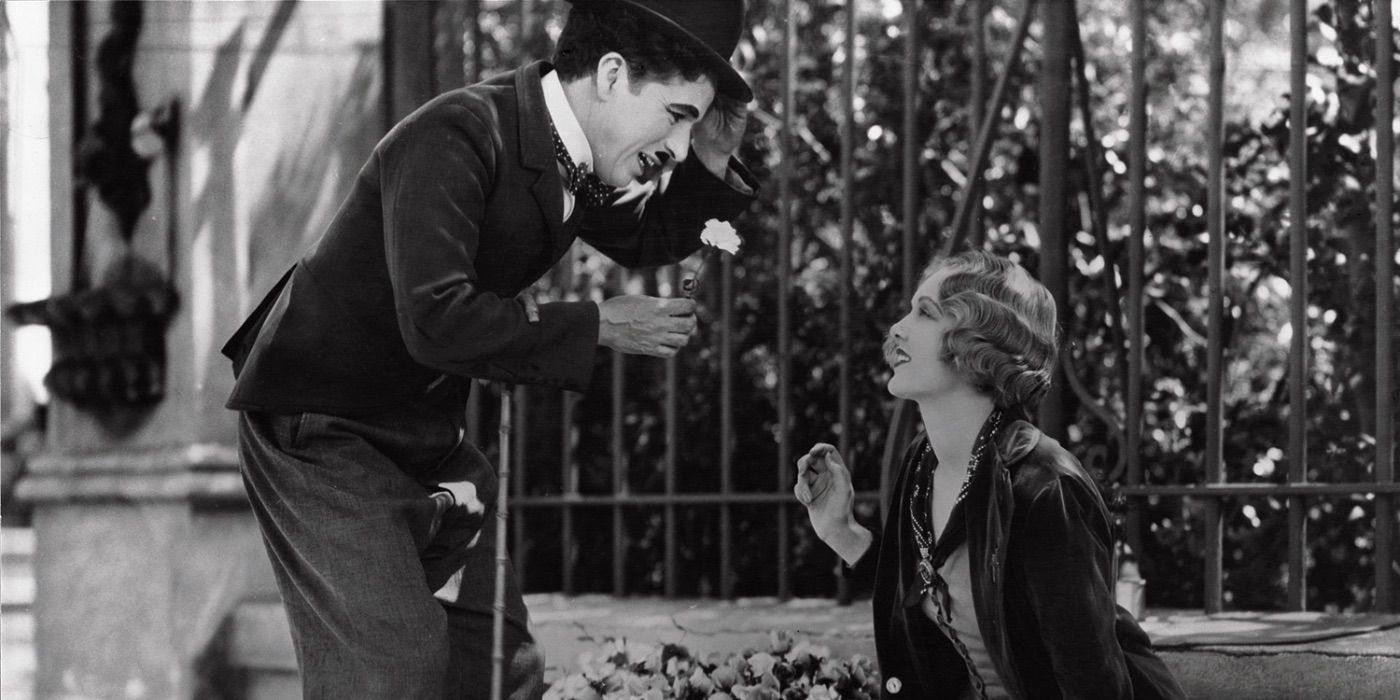
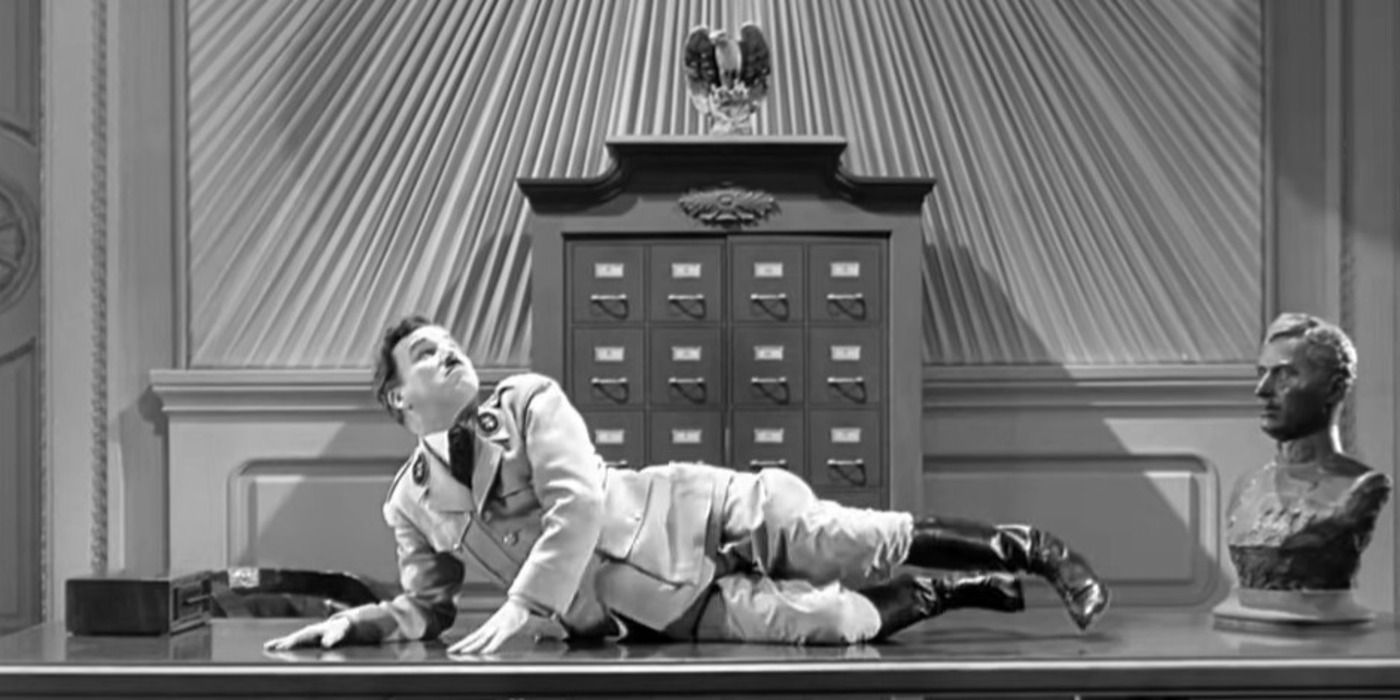
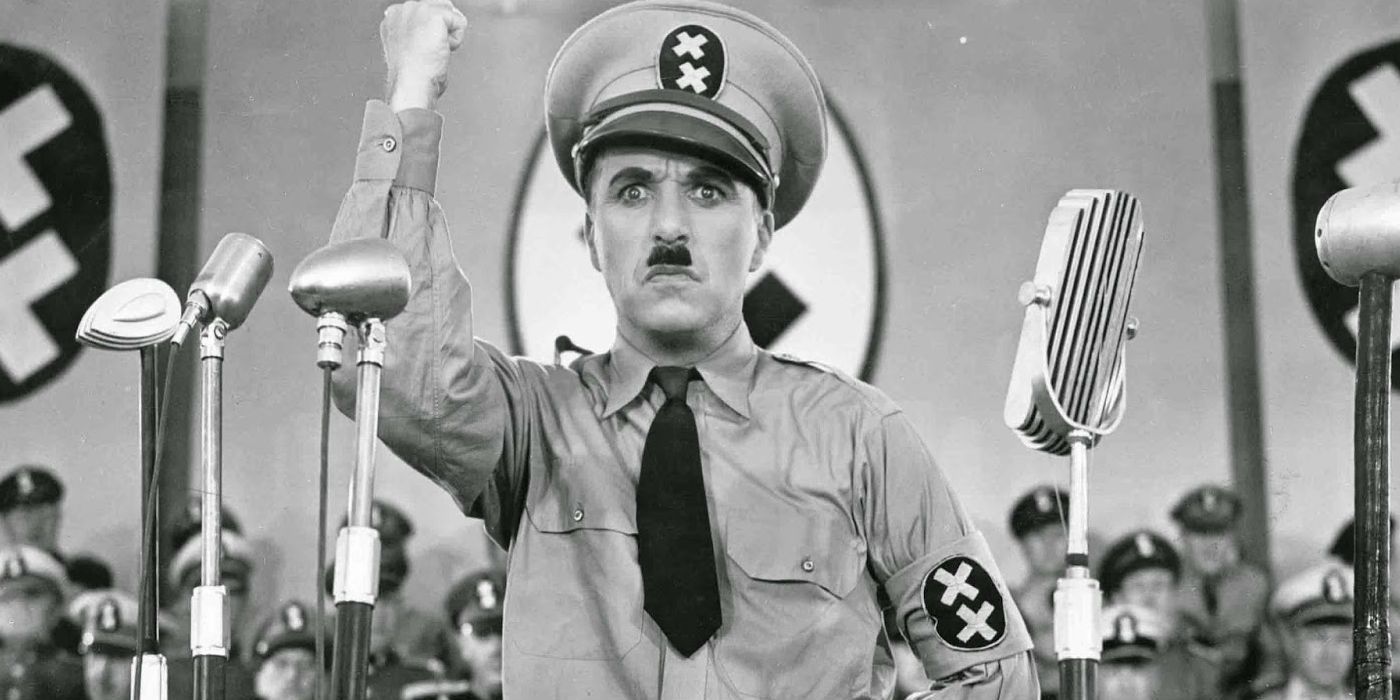
Despite a decrease in Charlie Chaplin’s fame in the U.S. during the 1940s, many fans continued to admire his silent movies. In 1951, Modern Times was re-released in certain cities to commemorate its 20th anniversary. However, Memphis was not among these cities because Lloyd Binford, the head of the Memphis Censor Board, immediately banned it. This was due to his disapproval of Chaplin’s marriage to 18-year-old actress Oona O’Neill on moral grounds, which led him to prohibit any of Chaplin’s films from being shown in Memphis.
Binford was a well-known, overly strict censor who frequently made headlines due to his bans of popular movies. A known racist, he prohibited numerous films with Black heroes or protagonists and any depicting peaceful coexistence between different races. He openly expressed his racism by justifying the ban on the 1947 comedy Curley by saying “the South does not acknowledge racial equality, not even among children“. However, some film distributors turned his negative comments into promotional material for their banned films in other locations.
The prohibition of Chaplin’s movies by Binford reveals an unexpected facet of his strict censorship. He didn’t find issue with the content in films like “Modern Times” or Chaplin’s other silent works, but rather, his judgment of Chaplin’s personal character served as justification for the ban. Similarly, he barred all Ingrid Bergman films following her relationship with director Roberto Rossellini, asserting that he would prevent their screening in Memphis without prior viewing. The Memphis Censor Board persisted until 1965, when a U.S. Circuit Judge ruled their actions unconstitutional.
Charlie Chaplin’s Movie Ban Shows His Huge Impact On American Culture
Chaplin Was Both Loved And Hated In His Second Home
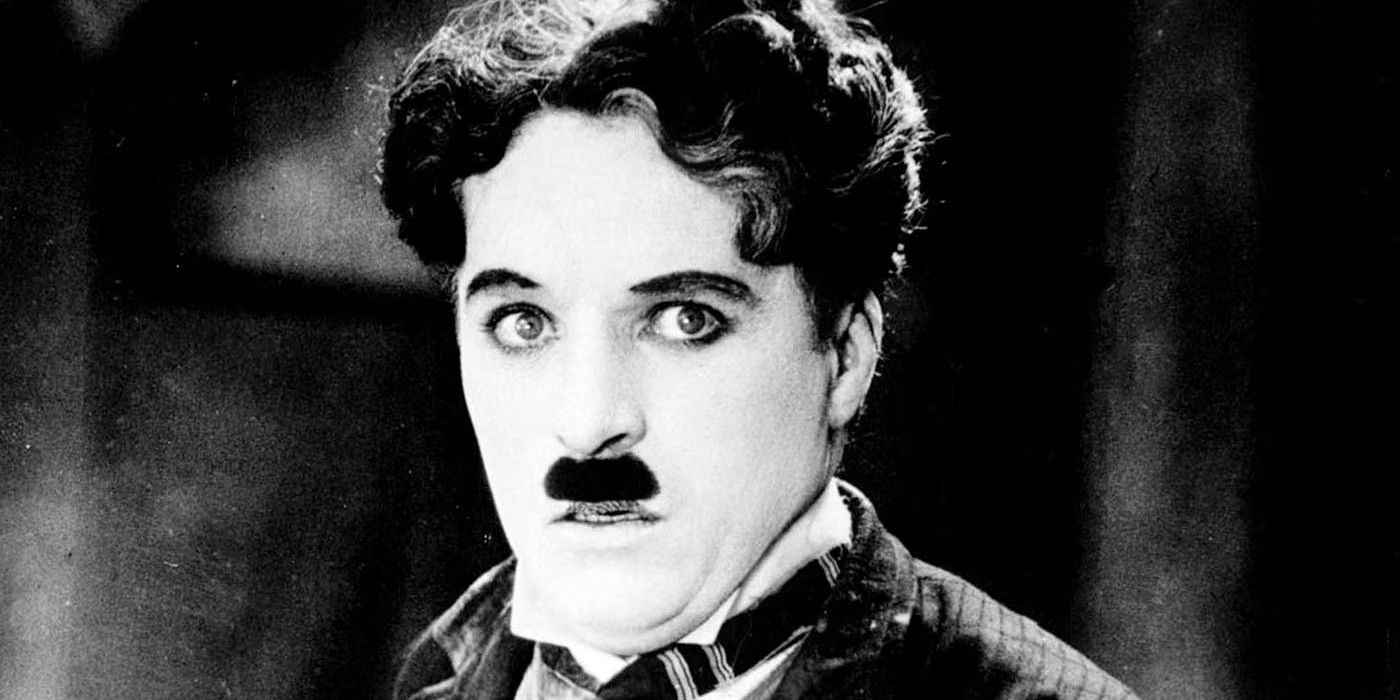
Although Charlie Chaplin was born and raised in England, he is undeniably considered an American cultural icon. He made a significant impact during Hollywood’s early days and was one of the first film stars whose personal life attracted intense interest from the national press. The controversies surrounding his love life and political views fueled strong feelings among some Americans, as shown by Binford’s ban. Despite never identifying as a communist, Chaplin’s waning popularity and eventual departure from the U.S. serve as a testament to the widespread anti-communist sentiment that emerged in America following World War II.
Thankfully, Chaplin’s esteemed standing was eventually restored. He received an Honorary Academy Award in 1972, which was met with a moving standing ovation. As the years went by, the debates about his personal life became less relevant, and the public developed a renewed admiration for his artistry. In retrospect, the restrictions placed on Chaplin were merely a brief setback in the grand scheme of things. They may have reflected the sentiments of some conservative individuals at that time, but Chaplin’s legacy continues to thrive. His most memorable films remain captivating even after 80, 90, or even 100 years.
Read More
- Who Is Harley Wallace? The Heartbreaking Truth Behind Bring Her Back’s Dedication
- Basketball Zero Boombox & Music ID Codes – Roblox
- 50 Ankle Break & Score Sound ID Codes for Basketball Zero
- TikToker goes viral with world’s “most expensive” 24k gold Labubu
- 50 Goal Sound ID Codes for Blue Lock Rivals
- Revisiting Peter Jackson’s Epic Monster Masterpiece: King Kong’s Lasting Impact on Cinema
- 100 Most-Watched TV Series of 2024-25 Across Streaming, Broadcast and Cable: ‘Squid Game’ Leads This Season’s Rankers
- League of Legends MSI 2025: Full schedule, qualified teams & more
- KFC launches “Kentucky Fried Comeback” with free chicken and new menu item
- All Songs in Superman’s Soundtrack Listed
2025-06-06 18:47